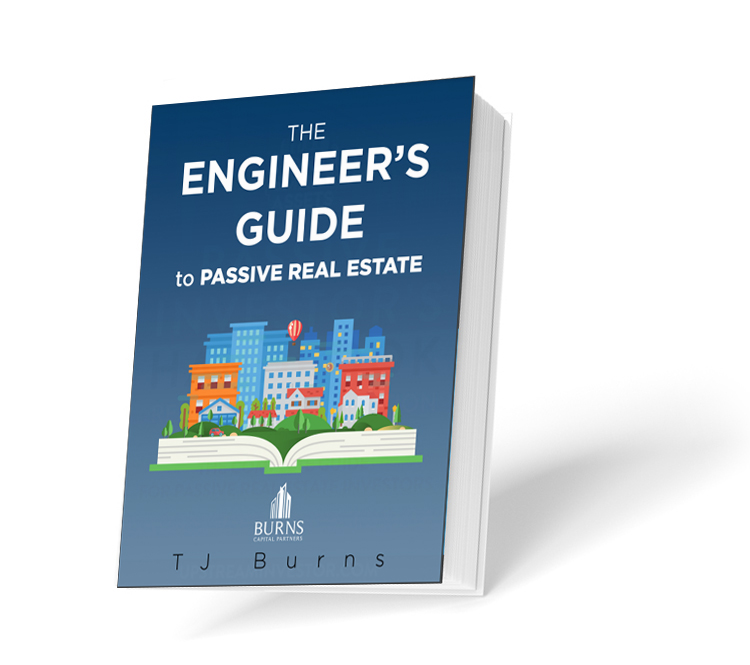I only play winnable games. In investing, if there isn’t a high
probability of me winning, then I don’t want to play*.
There are more than enough opportunities to invest in a winning fashion,
and you should also refuse to play any game that is designed for you to lose.
What’s a winnable game? To me, it means that there’s a high percentage
chance that I win.
Greater than a coin flip, for sure. If I can comfortably say that there’s
at least a 90% chance of a favorable outcome, then the game is winnable.
What isn’t a winnable game? The casino is a
classic example. The odds of winning a roulette hand are 47.4% at best; slot
machines lose 5-15% of your investment over time; 3-5% of sports bettors are
profitable in the long run.
Sometimes a game that is not winnable can be turned into a winnable game.
For example, sports betting became legal in NY in 2022. As a result, many
platforms offered incentives to make bets.
Free money or free bets were given to customers who deposited money and made at
least one bet. Because of that, the odds of winning money over a short time
horizon increased substantially.
The intention of this marketing tactic was customer acquisition. Spend
money upfront to acquire customers, hook them in with a dopamine hit from the
win, and slowly drain their bank account over time.
However, this also created an opportunity.
Instead of making random bets, some people made side agreements with
their friends. One person takes the over, one person takes the under, and no
matter what outcome, the pair receives the incentive. Sometimes the incentive
was as high as $6000, for zero risk! We’d cash out our chips and delete
the app after the payout.***
What are some of the characteristics of a winnable game?
Time: The ability to wait
for a favorable outcome. Not having to make a decision until that outcome
materializes.
Inefficient Market: Markets where all
information is not available to everyone, and therefore a fair price is not
always predetermined and agreed upon by all participants.
Inside Knowledge or Experience: Having more information or experience than others.
Greater influence or control on the variables: Having greater control over the variables that cause a winning
outcome.
(There are more, these are just what come to mind.)
There’s a spectrum on how winnable a game is- it is not a binary thing.
The stock market is a winnable game if given a long time horizon. Over
time, new things are created, and the collective value goes up. Buying the
collective value through an index fund and holding it for a very long time will
yield a positive outcome.
But the stock market is an efficient market; it is extremely difficult
and illegal to have inside knowledge, the variables are uncontrollable, and
arbitrage opportunities are scarce. To make up for this, the time horizon has
to be longer to realize an almost certain positive outcome.
Real estate investing, done over a long time horizon, is a more winnable
game. Here are the things I look for that skew positive outcomes
heavily in my favor:
Time: The longer you have to
wait for a favorable outcome, the lower the risk of losing money. Some of the
largest risks in real estate over the last few years have come from short time
horizons.
You can expand your time horizon depending on the debt you have, the
partners you have, and how well-capitalized you are.
Short-term debt offers more flexibility and upside, with the tradeoff of more
risk. Partners that need to sell to regain liquidity can shorten a project.
Running out of money can bring a venture to a grinding halt.
So, one way to increase your odds of winning is to structure your
investment where you don’t need to change anything (refinance, sell, renovate,
raise more money) for a long time.
Market Efficiency (or lack of):
Apple stock is $185/share at the time of writing this. If you could buy
it for $170/share right now, would you?
Unfortunately, you’d have to buy it at market price. The stock market is
too efficient. There are too many buyers and too many sellers, so the
difference between what sellers will sell for, and what buyers will buy for, is
a few pennies.
There are many different markets within the umbrella of real estate. Not
only are there different asset classes, like office, multifamily, single
family, industrial, etc.; there are different regions, and different deal sizes
within those regions.
There’s a sweet spot in terms of inefficiency in residential real estate
investing. The retail housing market is somewhat efficient, especially for
anything on-market.
The institutional market for deals at 100 units or above is also relatively
efficient, because of the large demand for multifamily from institutions, and
from the savviness of the investors at that scale.
The sub-institutional multifamily market (5-100 units) is an inefficient
market.
It is too small for family offices, private equity firms, pension funds, and
other big players, but too large for the many, many residential buyers.
This is where the deals are. By buying properties within this window for
10-30% below market value, we increase the odds of a winning outcome on our
investments.
Inside Knowledge or Experience:
Poker can be gambling, or it can be a game of skill.
A professional poker player has experience and knowledge about how poker is
played, which gives them an advantage over normal players.
Real estate investing is the same way. Those with the best and largest
networks, systems, budgets, and track records get the first crack at the top
opportunities. It’s a game that rewards the winners.
As a result, it is hard for a newcomer to effectively compete. Anyone who
works a full-time job while also casually looking and waiting to find their own
real estate deal knows what I am talking about.
This is one of the major reasons that I went the partnership route in the
first place.
Rather than trying to find and operate my own deal, I’d much rather partner
with the best, add value to their operation (by contributing or raising
capital), and benefit from their systems, network, and experience.
Greater Control of Variables:
Outside of residential, real estate is valued based on the income it
produces. By increasing a property’s net income, you can increase the value.
As an investor, you have control over some of your income sources and
expenses.
Almost all business plans within rental real estate are the same: we want to
increase income on the property, and decrease expenses.
This is done in many ways, including renovations, more efficient property
management, utility bill-backs, new income sources like pet fees and laundry,
better amenities to justify rent increases, and so on.
Summary
Invest in things where there is a large probability of success. It sounds
obvious and super simple, but then again, people were spending millions of dollars
on pictures of monkeys and digital real estate 2 years ago.
——-
**Strictly speaking about investing. Outside of investing, I play tons of
“unwinnable” (or less winnable) games, of course. And gambling with a
small (<5%) of your ‘investments’ on things like crypto and speculative bets
is also worthwhile, in my opinion.
***You may still be able to take advantage of these sports book offers, depending on where you live. The $6000 bonus went away though, after the sports book who offered it realized how bad of a deal it was.

